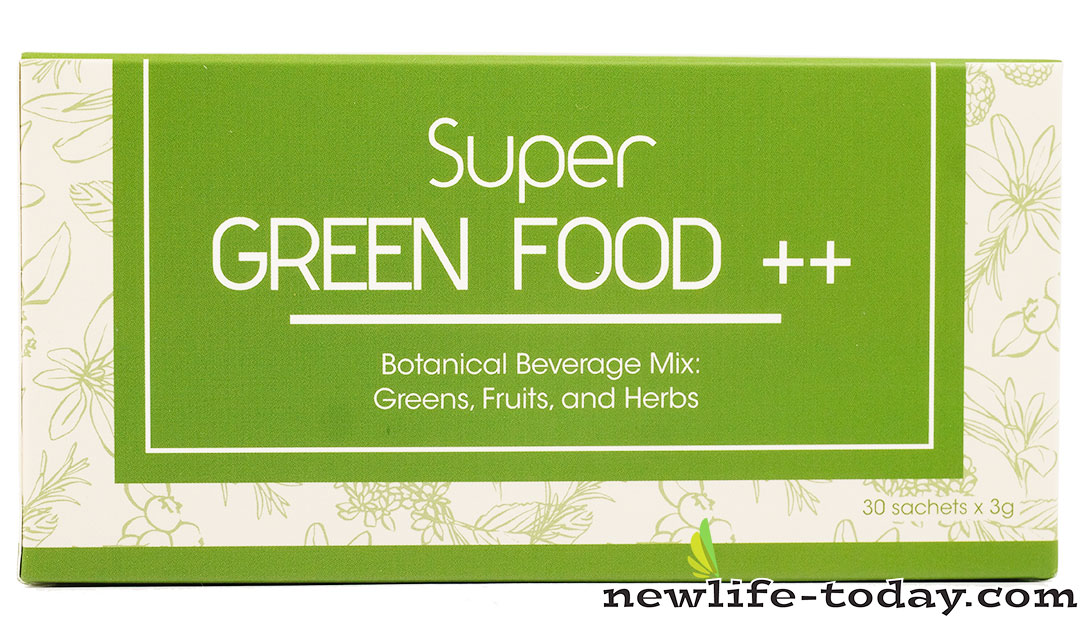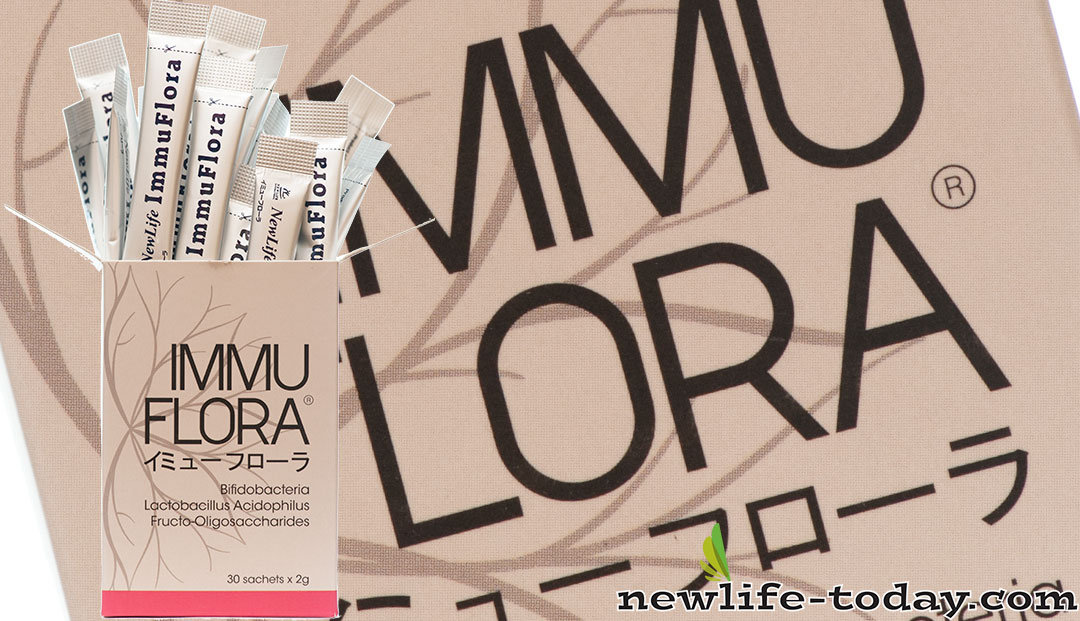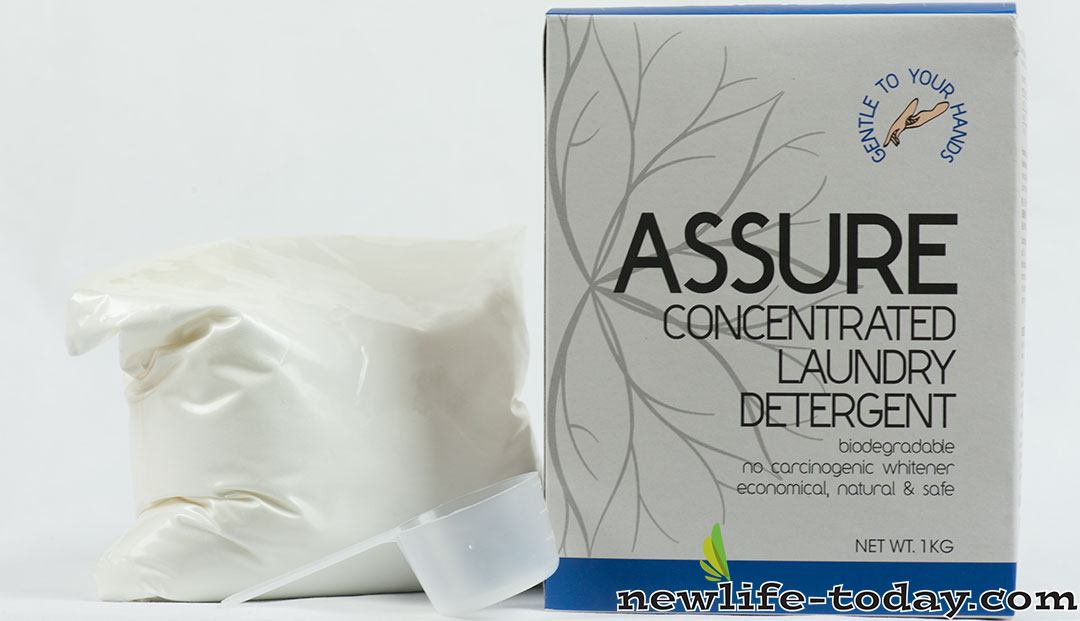Probiotics are live microorganisms that provide health benefits when consumed in adequate amounts. While many people associate probiotics with dairy products like yogurt and kefir, dairy-free probiotic cultures have gained popularity as more individuals seek plant-based alternatives due to lactose intolerance, dairy allergies, vegan lifestyles, or other dietary preferences. Dairy-free probiotic cultures offer the same benefits as their dairy-based counterparts, promoting gut health, boosting immunity, and supporting overall wellness. This article will explore the benefits of dairy-free probiotic cultures, their mechanisms of action, and why they can be a valuable addition to your health regimen.
What is Dairy-Free Probiotic Culture?
Dairy-free probiotic cultures are strains of beneficial bacteria that are cultivated without the use of dairy products. These cultures are typically found in plant-based foods such as fermented vegetables, water kefir, and coconut yogurt, as well as in dietary supplements. The probiotics commonly used in dairy-free supplements include strains of Lactobacillus, Bifidobacterium, Saccharomyces boulardii, and Streptococcus thermophilus, among others.
Since these probiotics are free from dairy, they are suitable for people who are lactose intolerant, allergic to dairy, or following a vegan or plant-based diet. Dairy-free probiotics come in various forms, such as capsules, powders, liquids, and chewables, making them easy to incorporate into your daily routine.
Benefits of Dairy-Free Probiotic Culture in Supplements
1. Promotes Digestive Health
One of the most well-known benefits of probiotics is their ability to support digestive health. Dairy-free probiotic cultures introduce beneficial bacteria to the gut, helping to balance the gut microbiome and improve digestion. These probiotics assist in breaking down food, absorbing nutrients, and regulating bowel movements.
Probiotics are also helpful for managing digestive disorders such as irritable bowel syndrome (IBS), diarrhea, constipation, and bloating. By promoting the growth of beneficial gut bacteria and inhibiting harmful bacteria, dairy-free probiotics can help restore balance in the digestive system and alleviate common digestive issues.
2. Boosts Immune Function
The gut plays a central role in immune system function, and the balance of gut bacteria is crucial for maintaining a healthy immune response. Dairy-free probiotic cultures help strengthen the immune system by supporting the growth of beneficial bacteria that promote the production of immune cells.
Probiotics can help prevent infections by stimulating the production of certain antibodies, enhancing the activity of immune cells like macrophages and T lymphocytes, and preventing the overgrowth of harmful pathogens. Consuming dairy-free probiotics regularly may reduce the risk of infections and help the body respond more effectively to illness.
3. Improves Gut Microbiome Balance
A healthy gut microbiome is essential for overall health, as it influences digestion, immune function, and even mental well-being. Dairy-free probiotic cultures help to restore and maintain the balance of beneficial bacteria in the gut microbiome. An imbalance of gut bacteria, also known as dysbiosis, can lead to a variety of health issues, including digestive problems, inflammation, and immune system dysfunction.
By introducing a diverse range of probiotics, dairy-free probiotic cultures help ensure a balanced and thriving microbiome, which can have far-reaching benefits for both gut health and overall wellness.
4. Reduces Inflammation
Chronic inflammation is linked to a wide range of health conditions, including autoimmune diseases, heart disease, and digestive disorders. Research suggests that probiotics, including dairy-free probiotic cultures, can help reduce inflammation in the gut and throughout the body.
Probiotics work by promoting the production of anti-inflammatory molecules and enhancing the function of immune cells that help control inflammation. By reducing inflammation, dairy-free probiotics can help prevent or manage conditions such as inflammatory bowel disease (IBD), rheumatoid arthritis, and other inflammatory conditions.
5. Supports Mental Health
The gut-brain connection is a growing area of research, and studies have shown that a healthy gut microbiome can have a significant impact on mental health. Dairy-free probiotic cultures, by promoting a balanced microbiome, may support mood regulation, reduce symptoms of anxiety and depression, and improve cognitive function.
Probiotics may influence the production of neurotransmitters such as serotonin, which plays a key role in mood regulation. By supporting the gut microbiome, dairy-free probiotics may help improve mental well-being and reduce the risk of mental health conditions linked to gut dysbiosis.
6. Enhances Nutrient Absorption
Probiotics aid in the breakdown and absorption of nutrients, making them an essential part of a healthy digestive process. Dairy-free probiotic cultures help the body better absorb essential vitamins and minerals, including B vitamins, calcium, magnesium, and iron. This is especially important for individuals following plant-based diets, as they may have difficulty absorbing certain nutrients.
By improving the body’s ability to absorb nutrients, dairy-free probiotics contribute to better overall health and energy levels. For individuals with digestive issues or nutrient deficiencies, incorporating dairy-free probiotic cultures into the diet can help optimize nutrient uptake and support long-term health.
7. Helps with Lactose Digestion
While dairy-free probiotic cultures are, of course, free from dairy, they can still be beneficial for people who are lactose intolerant. Lactose intolerance occurs when the body is unable to properly digest lactose, the sugar found in milk and dairy products. Some probiotic strains can help break down lactose in the gut, reducing symptoms such as bloating, gas, and diarrhea.
Even though dairy-free probiotic cultures do not contain dairy, certain strains of probiotics can enhance the body’s ability to digest lactose. This can help improve tolerance to dairy products for individuals with mild lactose intolerance, making it easier for them to enjoy dairy in moderation.
8. Supports Skin Health
The gut microbiome is closely linked to skin health, with many skin conditions such as acne, eczema, and psoriasis being influenced by gut health. Dairy-free probiotic cultures, by promoting a balanced gut microbiome, may help improve skin health and reduce the severity of skin conditions.
Research suggests that probiotics can help reduce inflammation in the body, which may alleviate symptoms of inflammatory skin conditions. Additionally, the beneficial bacteria in probiotics can help regulate the immune system, preventing excessive inflammation that contributes to skin issues.
9. Helps with Weight Management
Some studies have suggested that probiotics may play a role in weight management and fat loss. By improving digestion, regulating appetite, and supporting a healthy metabolism, dairy-free probiotic cultures may help with weight control. Certain probiotic strains are thought to influence the body’s fat storage processes and energy balance, potentially helping with weight loss or preventing weight gain.
While probiotics alone are not a magic solution for weight loss, they can complement a healthy diet and exercise routine, supporting overall health and well-being.
How to Use Dairy-Free Probiotic Culture Supplements
Dairy-free probiotic culture supplements come in many forms, including capsules, powders, liquids, and chewable tablets. The most common way to consume probiotics is in capsule or tablet form, which provides a convenient and controlled dose. Powders and liquids can be mixed with water, smoothies, or other beverages, while chewable probiotics are ideal for children or individuals who prefer a more palatable option.
The recommended dosage of dairy-free probiotic culture depends on the specific product and the probiotic strains used. Generally, it is advised to follow the dosage instructions on the product label or consult a healthcare provider for personalized recommendations.
Potential Side Effects and Considerations
While dairy-free probiotic cultures are generally considered safe for most individuals, there are some potential side effects to be aware of:
- Digestive discomfort: Some individuals may experience mild digestive discomfort such as bloating, gas, or diarrhea when first starting probiotics. This is usually temporary as the gut microbiome adjusts to the new bacteria.
- Infections in immunocompromised individuals: In rare cases, individuals with weakened immune systems may be at risk of developing infections from probiotics. If you are immunocompromised, it is essential to consult a healthcare provider before using probiotics.
- Interactions with medications: Probiotics may interact with certain medications, particularly immunosuppressants, antibiotics, or antifungal drugs. It is important to consult with a healthcare provider if you are on any medication.
Conclusion
Dairy-free probiotic cultures offer a natural and effective way to support digestive health, boost immunity, and promote overall well-being. Whether you’re lactose intolerant, vegan, or simply looking for a plant-based alternative to dairy-based probiotics, these supplements provide the same health benefits, including improved digestion, reduced inflammation, enhanced cognitive function, and better skin health.
Incorporating dairy-free probiotic cultures into your daily routine can help restore balance to your gut microbiome, support your immune system, and contribute to long-term health. As with any supplement, it’s important to choose high-quality products and consult with a healthcare provider if you have any concerns or underlying health conditions.







